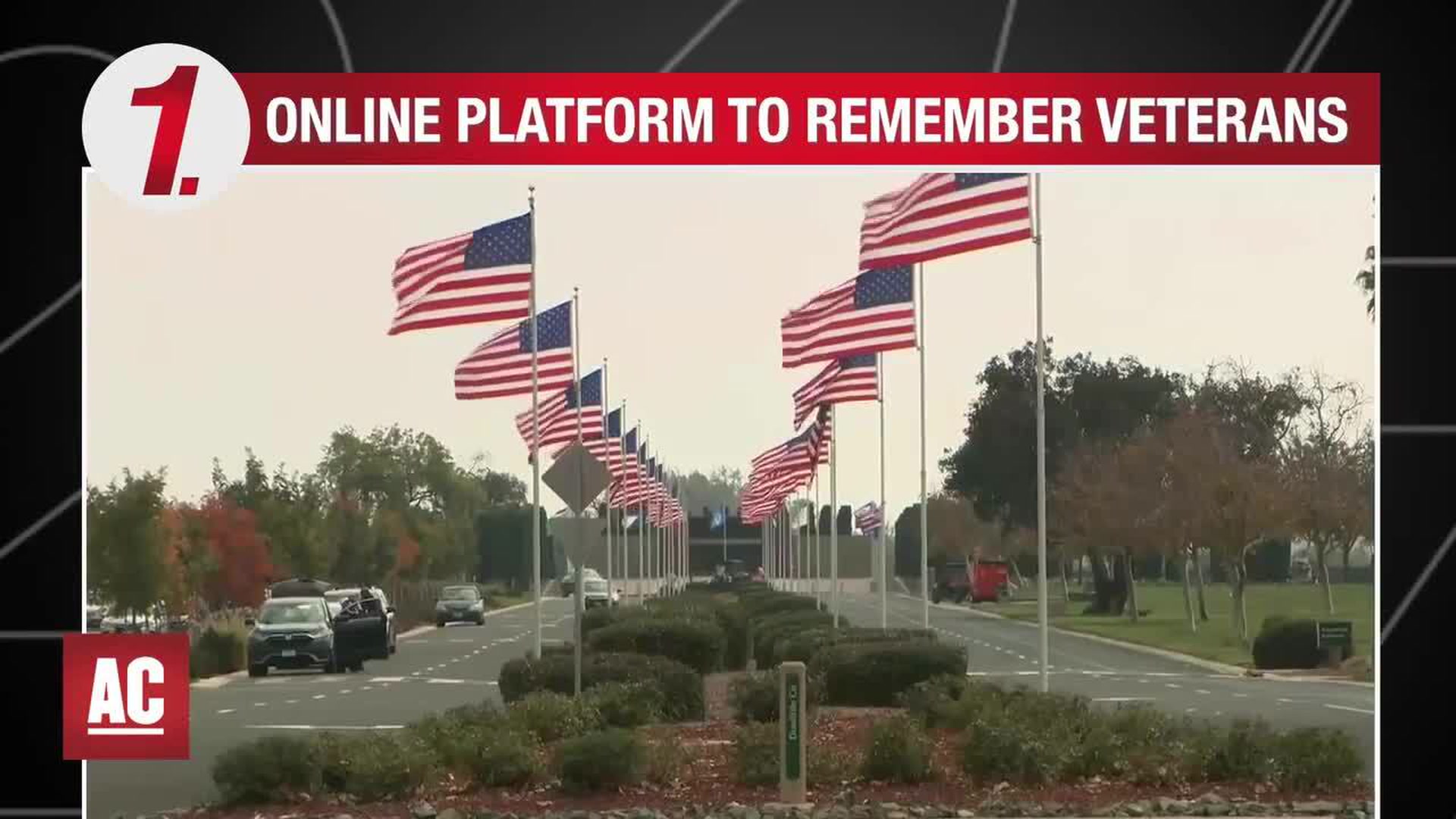The U.S. Department of Veterans Affairs (VA) released it’s National Veteran Suicide Prevention annual report on Thursday, which found an increase in veterans who died from suicide.
The report found that there were 6,392 Veteran suicide deaths in 2021, which is 114 more than in 2020. That number of deaths is broken down into 6,042 suicide deaths among Veteran men, and 350 suicide deaths among Veteran women.
The VA noted that during the COVID-19 pandemic, Veterans were found to experience more mental health concerns than non-Veterans.
“A systematic review of 23 studies found increases in the prevalence rates of alcohol use, anxiety, depression, post traumatic stress disorder, stress, loneliness, and suicidal ideation,” the report said. “The results of this systematic review found key risk factors to include pandemic-related stress, family relationship strain, lack of social support, financial concerns and preexisting mental health disorders.”
By demographic, the unadjusted suicide rate was the highest among American Indian or Alaska Native Veterans, at 46.3 per 100,000.
The suicide rate was 36.3 per 100,000 for White veterans; 31.6 per 100,000 for Asian, Native Hawaiian or Pacific Island Veterans; 17.4 per 100,000 for Black or African American Veterans; and 6.7 per 100,000 for Veterans of multiple races. In addition, in 2021 the unadjusted rate was 19.7 per 100,000 for Veterans with Hispanic ethnicity, and 33.4 per 100,000 for other Veterans.
Online platform dedicated to remembering veterans

The report referenced another study by the Watson Institute of International and Public Affairs at Brown University, which found that there have been 30,177 suicides among U.S. service members and veterans of the post-9/11 wars.
The report used government data, secondary literature, and interviews to gather and document what it referred to as an emerging “suicide epidemic” among post-9/11 fighters, finding that "at least four times as many active duty personnel and war veterans of post-9/11 conflicts have died of suicide than in combat."
The Watson Institute also found that the high suicide rate are caused by multiple factors, including risks inherent to fighting in any way such as high exposure to trauma, stress, military culture and training, continued access to guns, as well as the difficulty of reintegrating into civilian life.
The VA report emphasized that the increasing rate of suicide for both veterans and active duty personnel are outpacing those of the general population, which is an alarming shift as suicide rates among service members have historically been lower than that of the general population.
In light of these findings, the VA has called for promoting secure firearms storage for Veterans, suicide prevention, implementing community programs focused on Veteran suicide, continuing expansion of readily accessible crisis intervention services, and tailoring prevention services to the needs, issues, and resources unique to Veterans.
“Suicide is a complex problem requiring a full public health approach involving community prevention and clinical intervention," the report continued. "VA services are a critical part of this public health approach, as the data from this report highlight."


















































